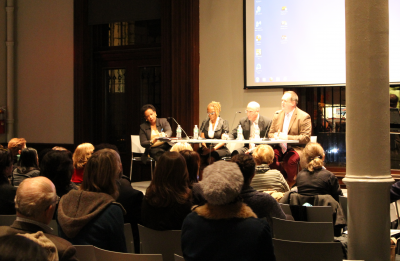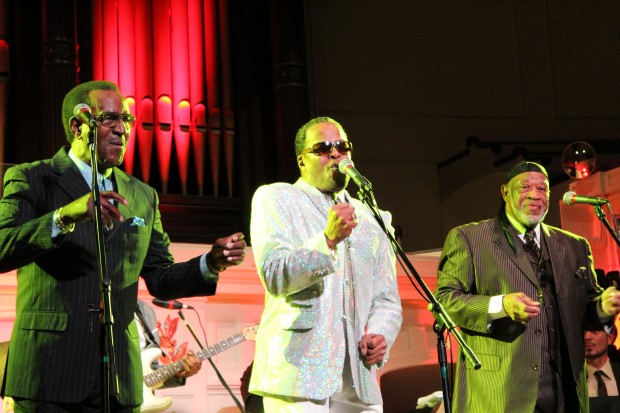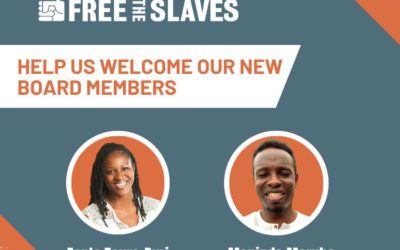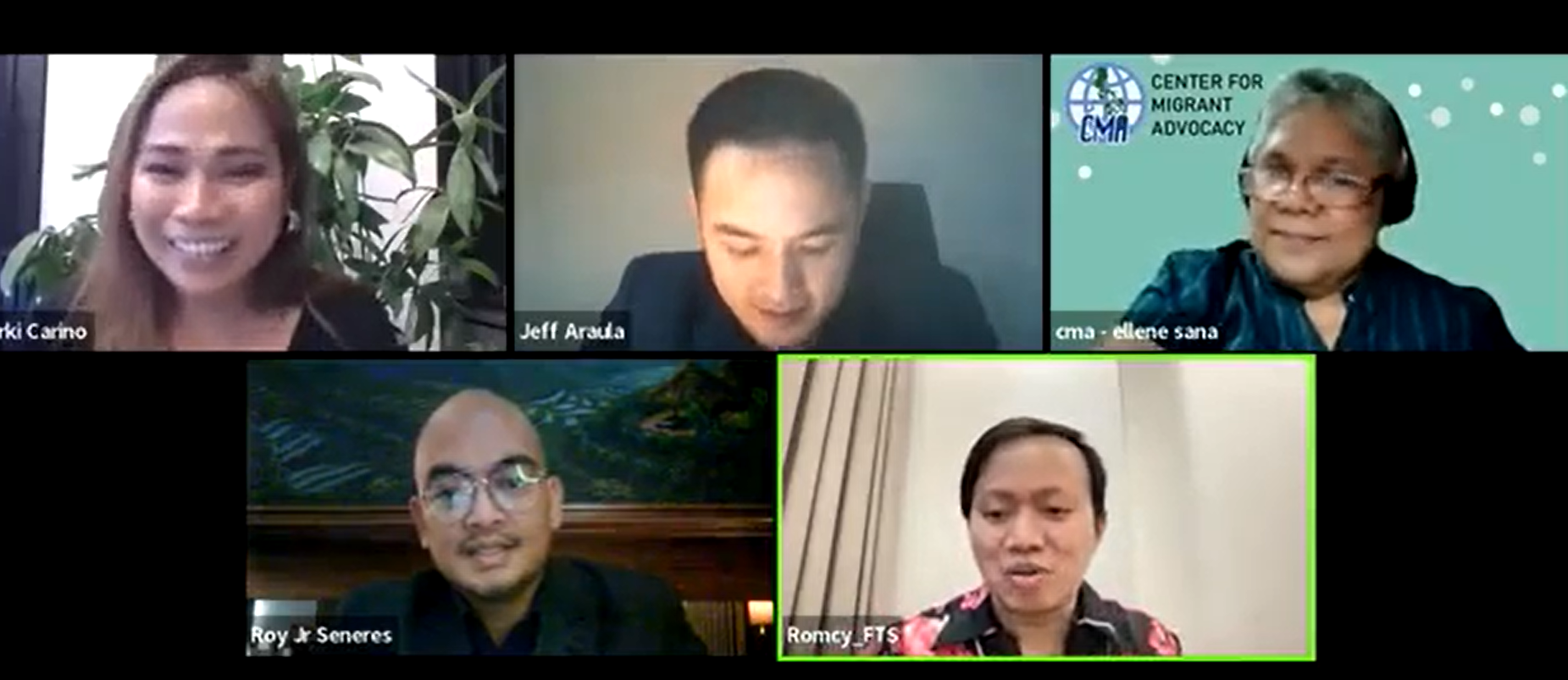Last Saturday, I was standing on hallowed ground. As I rose to speak to hundreds of people gathered for a benefit concert at Plymouth Church in Brooklyn, I had to take a deep breath. That’s because on that very spot, 150 years ago, anti-slavery activists were attending the funeral of one my wife’s ancestors, the noted abolitionist and congressman, Owen Lovejoy.
I knew that my words could never be as powerful as the eulogy delivered in 1864 by Plymouth Church’s founder, the Rev. Henry Ward Beecher.
“Owen Lovejoy was evidence that a man might become heroic,” the New York Times quoted Rev. Beecher as saying about Lovejoy and his dedication to ending slavery. “He was built broad and square and healthy and resolute, fitted to fight this battle.”
As I stood where Rev. Beecher had, I noted that our movement today is just as strong, just as resolute. My words stressed our connections to the past, and commitment to finish the job that our predecessors had started.
Saturday’s concert was an extraordinary combination of reflection, song and prayer, thanks to the kindness of Plymouth Church, which put on the benefit concert for Free the Slaves, and the Brooklyn Historical Society, which organized a panel on modern day slavery the night before.
Plymouth Church was founded in 1847 by Henry Ward Beecher, one of the most prominent abolitionists of the pre-Civil War era. The fight against slavery was, in fact, a family cause. Henry’s sister, Harriet Beecher Stowe, was the author of Uncle Tom’s Cabin. His brother, Edward, was a leader of the abolitionist movement in Illinois, where he worked closely with another famous set of abolitionist brothers – Owen, Elijah and John Lovejoy. Owen Lovejoy was Abraham Lincoln’s closest friend in Congress. Edward Beecher was a staunch defender of Elijah Lovejoy, who was eventually murdered by a mob for publishing an abolitionist newspaper.
Plymouth Church was a key link in the Underground Railroad. Abraham Lincoln attended Plymouth Church in 1860, the day before he gave an anti-slavery speech in Manhattan that helped secure his Republican Party nomination for the presidential election. It was thrill to sit briefly in the Abraham Lincoln pew at Plymouth Church!

Brooklyn Historical Society Panel Discussion | FTS photo/Fitzmaurice
On Friday evening, the Brooklyn Historical Society, which has mounted a wonderful exhibit on slavery and abolitionism in Brooklyn, hosted a panel on modern-day slavery. Dr. Timothy McCarthy, a well-known historian of social movements who is on the Harvard University faculty and the FTS board, gave an erudite and passionate talk on the lessons that modern abolitionists can draw from the antebellum abolitionist movement. Tina Frundt, founder and executive director of Courtney’s House, gave a moving presentation on her experience as a slavery survivor. I had the opportunity to speak about the lessons we have learned at Free the Slaves about combating modern day slavery. Loretta Lynch, U.S. attorney for the eastern district of New York, moderated the panel. More than 125 people came to the session and engaged the panel in a lively discussion.
The following evening, Plymouth Church hosted the concert. The truly incredible line-up of performers consisted of The Inspirational Voices of the Abyssinian Baptist Church, Naomi Shelton and the Gospel Queens, and The Impressions. The people who braved a stormy night to attend received a rare treat. There is no way for me to capture the beauty and power of the singing. All I can really share is that the entire evening was a deeply moving and captivating experience. We are so grateful to Plymouth Church, the organizers and the performers for a truly unforgettable experience.

The Impressions graced Plymouth Church with the sounds of freedom at the Let Freedom Ring! benefit concert for Free the Slaves | FTS photo/Fitzmaurice



